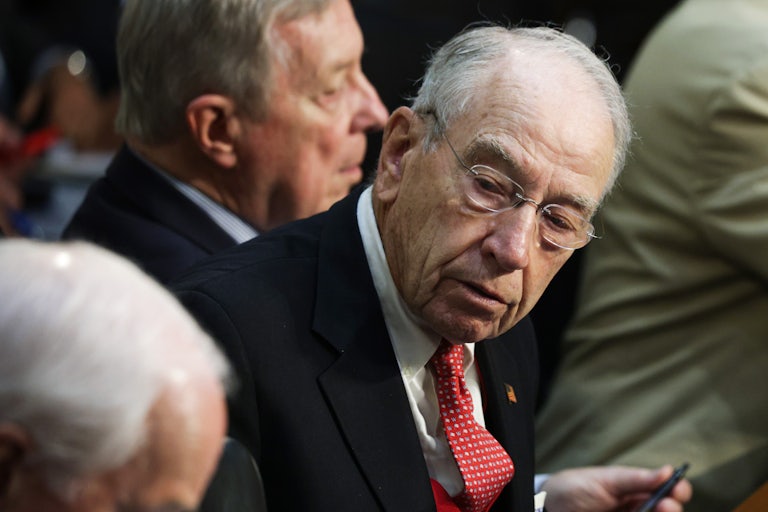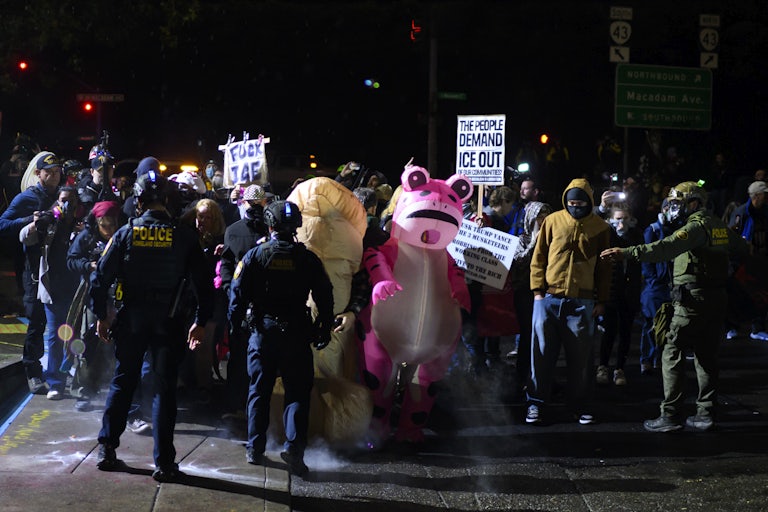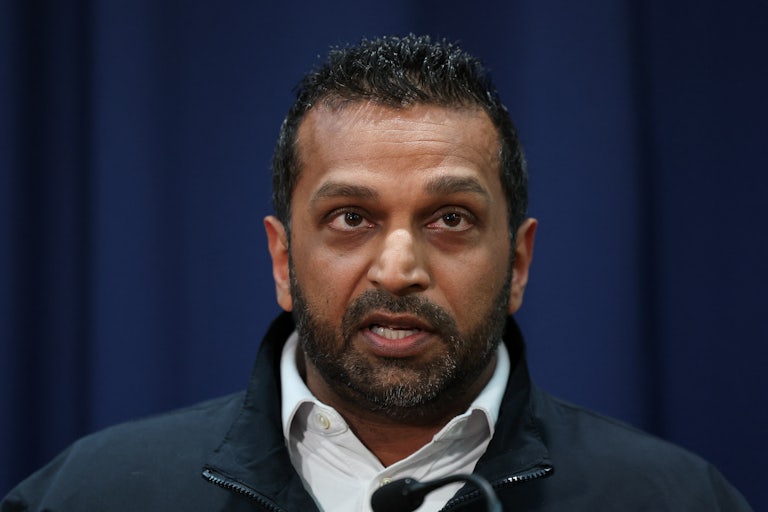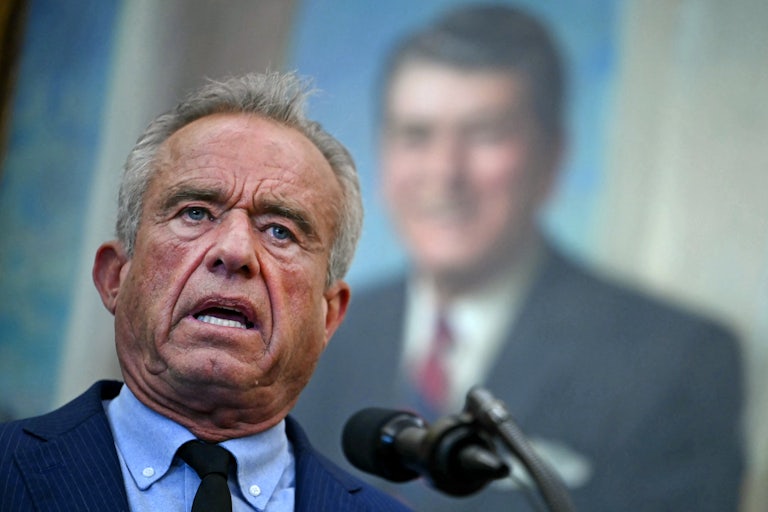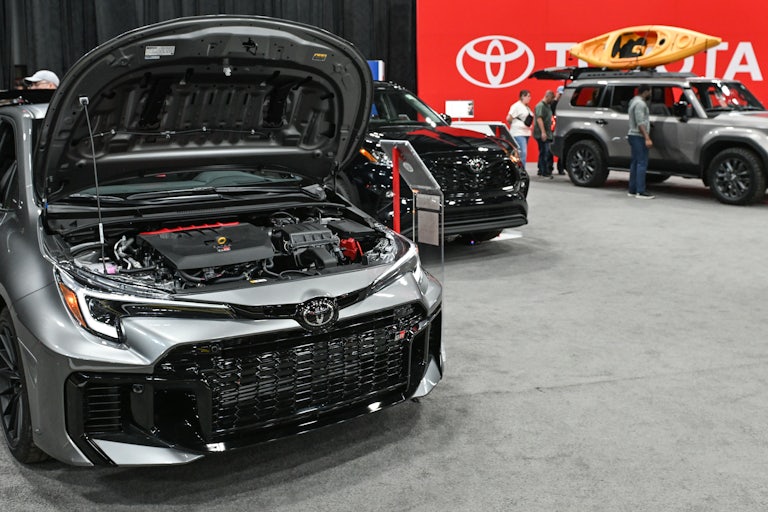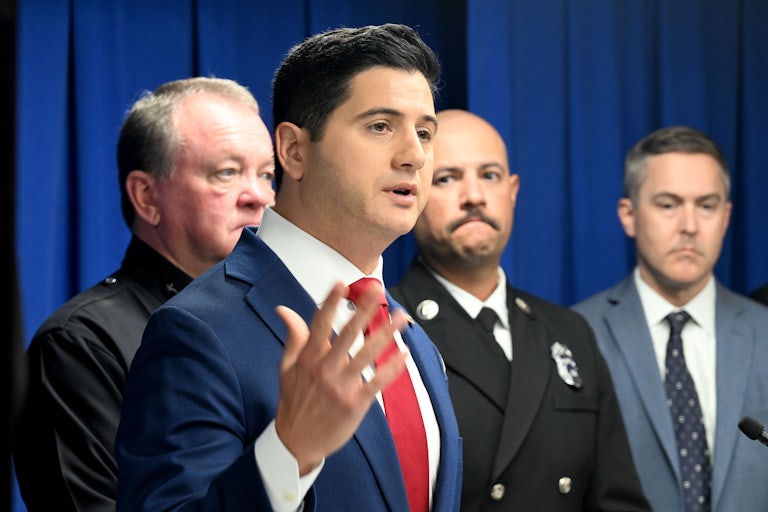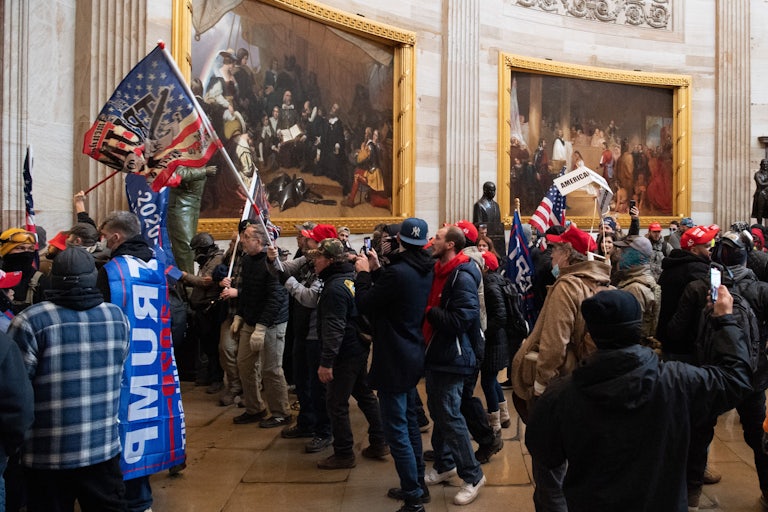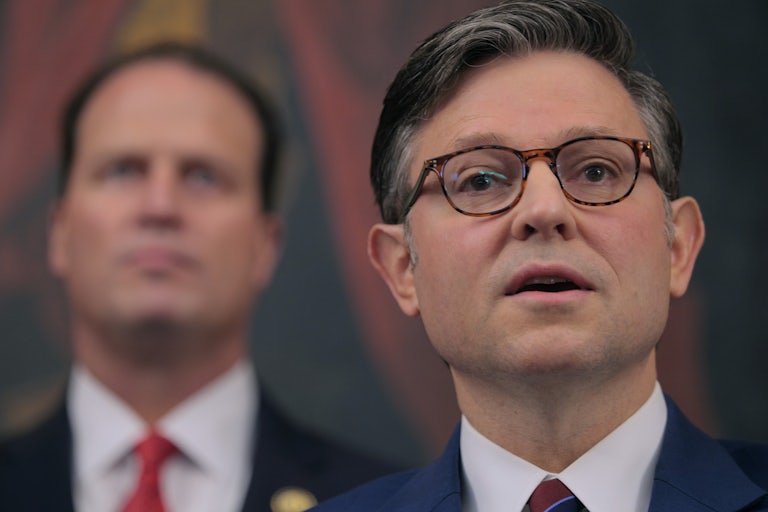Trump Brags About New Deal With China. Did He Actually Get Anything?
Donald Trump admitted he hadn’t asked all that much of Chinese President Xi Jinping.
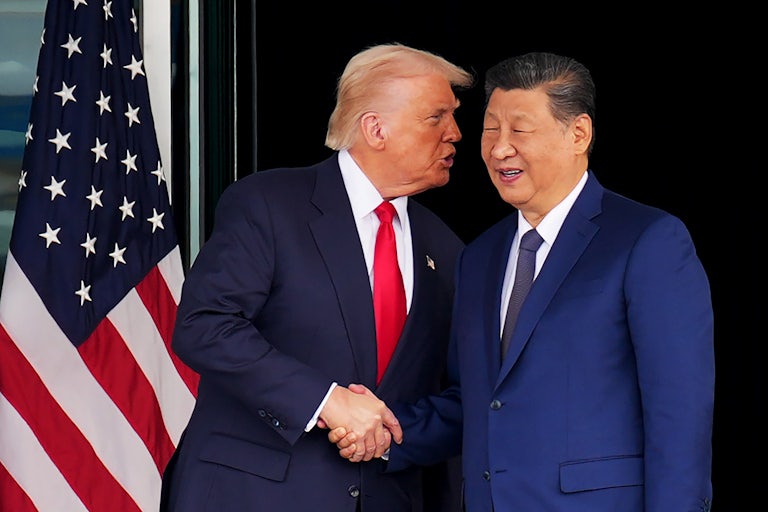
Donald Trump’s absolutely incredible, stupendous meeting with Chinese President Xi Jinping appears to have almost undone the damage of his own trade policies.
Details of the quid pro quo were remarkably vague but appeared to return trade relations between the two international powers closer to where they had been before Trump announced his “Liberation Day” tariffs in April.
Speaking to reporters aboard Air Force One shortly after the meeting, Trump detailed that he and Xi had agreed to immediately drop the tariff rate on China by 10 percent (from 57 percent to 47 percent) in exchange for more aggressive policing of the Chinese fentanyl pipeline.
Trump also said that China agreed to pause its controls on precious rare earth minerals for the next year in order to avoid Trump’s threat of an additional 100 percent tariff that would have been enacted on Saturday.
“It was an amazing meeting,” Trump said. “From zero to 10 (with 10 being the best), the meeting was a 12.”
Soybean farmers also got a potential solution to a problem that Trump created. China will buy “tremendous amounts” of soybeans from American farmers starting “immediately,” per the president. Soybean farmers have been pushed to the brink of bankruptcy, practically begging the administration for a bailout since Trump’s previously unsuccessful attempts to trade with China resulted in axing access to the U.S. soybean industry’s number one foreign market.
Treasury Secretary Scott Bessent—who was present at the meeting between Trump and Xi—elucidated those details hours later in an interview with Fox Business.
“The Chinese have agreed to buy 12 million metric tons of soybeans during this season, right now, between now and January, and then for the next three years they’re going to be buying a minimum of 25 million tons per annum for the next three years,” Bessent said.
Other purported gains out of the negotiation, however, seemed rather empty. Trump promised that a bigger U.S.-China trade deal was coming “pretty soon” and that he would travel to China again in April. He added in a lengthy Truth Social Post that China “may” make a “very large scale transaction” of oil and gas from Alaska.
But a couple details that emerged did not sound like they would benefit the U.S. in any way—perhaps most notably Trump’s decision to allow China to “talk to Nvidia and others” about scooping more computer chips. That alone is likely to rile GOP hawks who have clutched Nvidia as a precious stateside asset in the burgeoning AI tech wave.
“I said, that’s really up to you and Nvidia,” Trump recalled he told Xi. “We’re sort of the … referee.”
Trump also faltered on the topic of brokering peace in Ukraine, apparently allowing Chinese consumption of Russian oil to continue unchallenged.
Still, Trump was quick to celebrate his own work on brokering the deal.
“China—you know, I think they feel very strongly,” Trump told reporters early Thursday. “They congratulated me on the tremendous success that we’ve had, because there’s never been a country that has had so much money come into it for purposes of investment, for building, for auto plants, for AI, et cetera. So he was very strong on congratulating me on that.”
